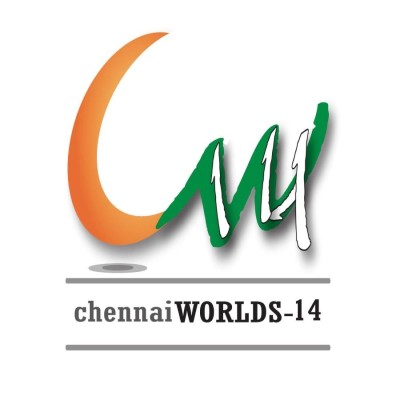Chennai Worlds 2014 – Preliminary Briefing
 In 2014 the World University Debating Championship will take place in Chennai. This week, the adjudication team, consisting in Harish Natajaran, Michael Baer, Ely Zosa, Michael Shapira, Fiona Prowse and Steven Whittington, published a Preliminary Briefing for the participants. You can find the original text here:
In 2014 the World University Debating Championship will take place in Chennai. This week, the adjudication team, consisting in Harish Natajaran, Michael Baer, Ely Zosa, Michael Shapira, Fiona Prowse and Steven Whittington, published a Preliminary Briefing for the participants. You can find the original text here:
As many individuals and institutions begin preparing for WUDC over the coming months, the Chennai Worlds Adjudication Team thought it would be helpful to provide some guidance on policies that we will be adopting. The vast majority of this year’s briefings (including much of what follows) will match last year’s briefings in Berlin.
We want to highlight several issues that have either been the subject of controversy within the debating community or are areas where we think clarity early on is especially helpful. If anything in this preliminary briefing is unclear, please do not hesitate to contact any member of the adjudication team.
Motions
- Motions will be closed, which means that Opening Government will be expected to define the debate in accordance with the words of the motions.
- Not all debates will be from the view point of liberal democratic governments. Chennai Worlds will challenge participants to consider the interests, values and perspectives of a range of actors.
- This may include non-liberal states (eg China, Gulf Monarchies), organisations (the feminist movement(s), the Catholic Church), and individuals (eg parents, journalists). It should be clear from the wording of the motion what actors’ interests are at stake in each debate.
Proposition Fiat
- The government teams are allowed to assume that the policy will pass. It is NOT a valid opposition line to argue that a parliament will not pass the policy.
- A government team however CANNOT stipulate the way that other actors will react.
- For example, with the motion THBT Russia should make a credible public offer to the United States for joint decommissioning of their entire nuclear arsenal, the government can assume that Russia will make the offer. The government team cannot assume that the United States will accept the offer.
Knowledge
- All motions will be accessible to an informed global citizen.
- We expect the informed global citizen to have a basic grasp of world history (including that of South Asia)
- We expect the informed global citizen to regularly read, but not memorise, the front pages and world section of a major international newspaper (like the New York Times, Financial Times and Der Spiegel) in the year leading up to Worlds.
- Thus we would expect debaters to have more than a passing familiarity with the use of chemical weapons in Syria, but would not expect debaters to be aware of disputes within potash cartels.
Information Slides
- We may use information slides as a means to facilitate a clear debate on an issue we believe is worth discussing.
- We intend to minimize the number of rounds in which an information slide is needed. We also intend to keep any information slides as short and as easy to understand as possible.
Points of Information
When can I take a Point of Information?
- Points of Information may be offered and accepted from the end of the first minute of a speech (1:00), until the start of the last minute of the speech (6:00).
- The latest that the speaker can accept a POI is immediately at the six-minute bang (ie the start of protected time). A POI cannot be accepted at a later point.
- Judges may not, however, intervene to require the speaker to take a POI at six minutes.
How long should a Point of Information last?
- A POI can last for up to 15 seconds.
- If the speaker offering the POI has clearly made her point before 15 seconds have elapsed, the speaker answering the POI may wave the speaker offering the POI down or begin responding to the POI.
- Cutting off the offeror of a POI before the point could reasonably be understood, however, should be treated by the judges as the equivalent of not having taken the POI.
What happens if I do not take a Point of Information?
- A speaker that fails to take a POI (or a point of clarification) during their speech, should be punished by judges if they were offered several in the last minute of unprotected time (between 5.00-6.00mins).
- Failure to take a POI generally indicates a reduced level of engagement. While this does NOT mean that a team will take an automatic fourth for failing to take a POI, it can (and should) be an important factor in close calls.
- Thus in a very close debate, if the judge is deciding between two comparably matched team, we would generally expect the team that failed to take a POI to place behind the team where each speaker accepted at least one POI.
- If a team has clearly won a debate, however, the failure to take a POI should NOT change the team rankings. However it may reduce the margin of victory.
Source: https://www.facebook.com/notes/chennai-worlds-2014/chennai-worlds-2014-preliminary-briefing/689868121023246





